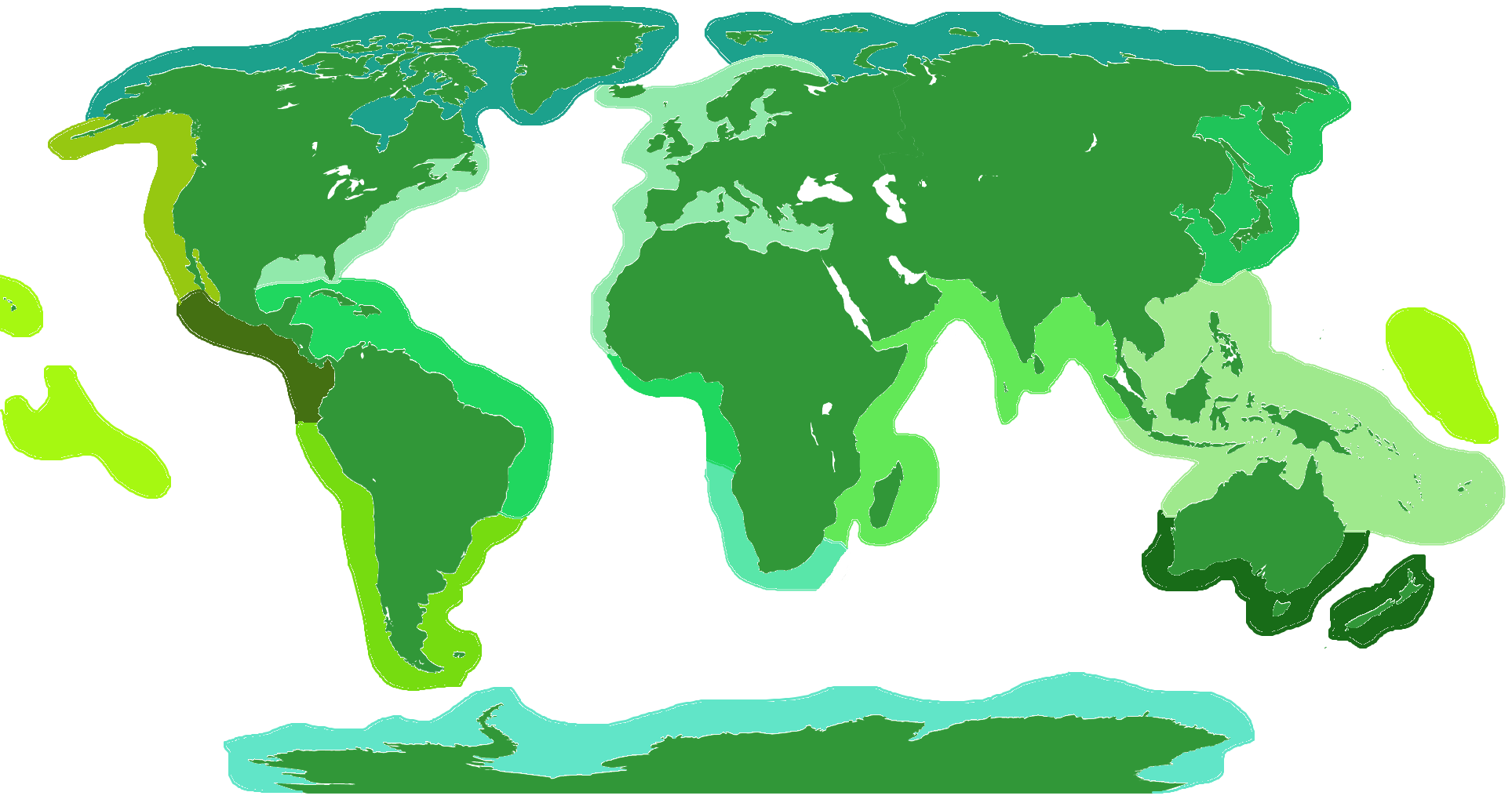OUR PROJECTS
Our Projects
Our Projects
Explore the map to learn more about our projects around the world
Project Seagrass is an international organisation working across the globe to save seagrass.
Protecting and restoring seagrass meadows contributes to the solutions to many global problems such as food insecurity, water quality, wellbeing, and gender equality, as well as the more well known issues of biodiversity loss and climate change.
Saving seagrass requires a holistic approach of action at local, regional and global scales.
Click on the areas below to discover more about our projects and where we work:
Our Projects
Explore the map to learn more about our projects around the world
Project Seagrass is an international organisation working across the globe to save seagrass.
Protecting and restoring seagrass meadows contributes to the solutions to many global problems such as food insecurity, water quality, wellbeing, and gender equality, as well as the more well known issues of biodiversity loss and climate change.
Saving seagrass requires a holistic approach of action at local, regional and global scales.
Click on the areas below to discover more about our projects and where we work:

Arctic
We do not currently work in this region
Southern Ocean
Encompasses Antarctica - The only are which is not known to contain any seagrass species
Tropical Eastern Pacific
We do not currently work in this region
Temperate South America
We do not currently work in this region
Temperate Northern Pacific
We do not currently work in this region
Temperate Australasia
We do not currently work in this region
Eastern Indo-Pacific
We do not currently work in this region
Temperate Northern Pacific
We do not currently work in this region
Temperate Southern Africa
We do not currently work in this region
Explore our projects in the Temperate Northern Atlantic
Current Projects
Restoration Forth
Seagrass Ocean Rescue: Dale
Zostera Experimental Network
Seagrass Ocean Rescue: North Wales
Restoration of Seagrass for Ocean Wealth (ReSOW)
Seagrass Ocean Rescue - Solent
Exploring noltii restoration in Essex
Seagrass Nursery
Exploring restoration in South Wales
Water Quality
Restoration of Seagrass for Ocean Wealth (ReSOW)
Seagrass as Bioindicators
Seagrass Ocean Rescue: Scaling up Restoration
Completed Projects
Investigating seagrass meadows as a potential micro-plastics sink
Developing drone technology in Wales
Replenishing damaged seagrass meadows in Wales
Explore our projects in the Western Indo-Pacific
Completed Projects
Assessment of seagrass meadows and associated biodiversity within the Myeik Archipelago, Myanmar
Recognising the value of lagoonal small-scale fisheries in Sri Lanka
Explore our projects in the Tropical Atlantic
Current Projects
Developing a Protocol for Flats Fisheries
Completed Projects
Land2Coast: investigating the effects of land use change on the coastal zone in Quintana Roo, Mexico
12th International Seagrass Biology Workshop
Explore our projects in the Centro Indo-Pacific
Current Projects
Indo-Pacific Seagrass Network
Completed Projects
Seagrass Ecosystems Services
Programme Lamun Wakatobi
Empowering Community Action for Seagrass Conservation in Southeast Asia: Seagrass Meadows Support Food Security
Engaging communities with citizen science in Southeast Asia
Seagrass biodiversity, social-ecological systems and poverty alleviation: a collaborative, comparative study in the Indo-Pacific (SeaSTEP)
OUR IMPACT SO FAR
OUR IMPACT SO FAR
OUR APPROACH
COMMUNITY
At Project Seagrass we believe that building a community around seagrass ecosystems is the best approach to generate both an awareness and understanding of these critical ecosystems and the marine environment more broadly.
One of our core aims is to raise an awareness of the marine environment and the issues facing our seagrass meadows around the world. Working across sectors we can work collaboratively to educate and inspire the next generation, and in turn advance the conservation of not only seagrass, but the environment as a whole for the future.
RESEARCH
At Project Seagrass, we recognise that the pressures on our oceans are urgent. Since our inception, we’ve been focused on applied seagrass ecosystem research, geared towards making an impact in the real world.
Our research work is interdisciplinary, global and involves collaborators at a number of internationally leading institutes.
As a dedicated team of seagrass conservation scientists, we’ve lead and contributed to over 70 peer-reviewed scientific articles.
ACTION
At Project Seagrass, we know that by monitoring seagrass meadows, we can keep an eye on how they’re doing. And through underwater gardening, we can actively replant our lost seagrass meadows.
Saving our seagrass means working together. We believe collaboration is key which is why our projects are a collaboration between key partners, funders and communities all working towards a world where seagrass meadows are thriving.

